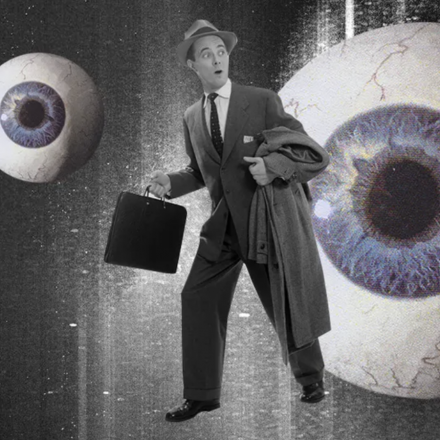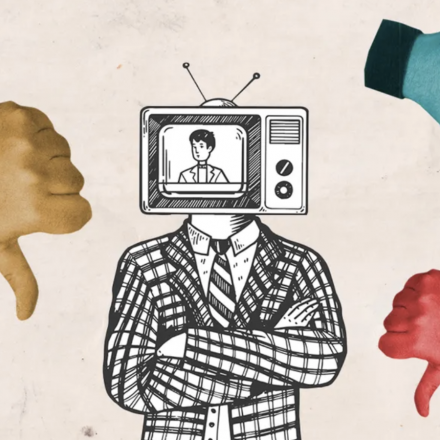Do you think truth always prevails? That all it takes is a few solid arguments to change someone’s mind? Forget it. The world doesn’t work like that. Facts don’t change beliefs. They’re like nails: good for reinforcing a structure, but useless for tearing one down.
The human brain is wired to see what it wants to see. Take a simple example: a rash cream. Research shows that 84% of people recover without it, while only 75% recover with it. But most people glance at the numbers, don’t analyze them, and conclude: “The cream works!” Because it’s easier than thinking.
The issue isn’t just laziness. A study by psychologist Dan Kahan showed that beliefs are stronger than logic. When given the cream task, many people got it wrong. But when the subject changed to gun ownership and crime, things got interesting.
Liberals solved the problem easily if the data showed that more guns meant more crime. But if the data suggested guns reduce crime, their math skills suddenly "broke." The same happened with conservatives, just in reverse.
What’s the Point?
When facts match our worldview, they become "truth." When they don’t, the brain finds ways to dismiss them. It’s not about intelligence or logic—it’s about protecting our confidence in how we see the world.
So next time you want to convince someone with facts, ask yourself: what do they want? If they’re not ready to reconsider their beliefs, even a study from The Lancet won’t help.
Remember: truth isn’t what’s logical. It’s what we choose to believe.


















